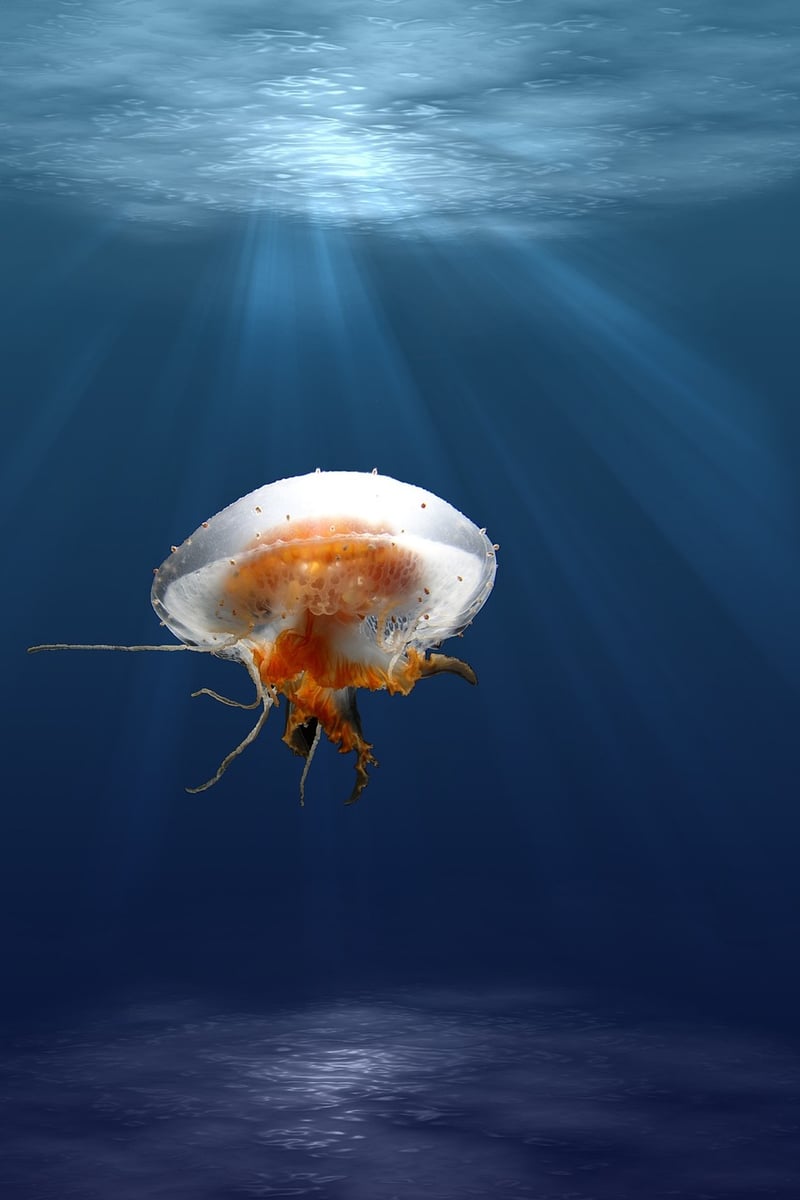Microbial Life
Exploring the Possibility of Life Beyond Earth: Microbial Life
When pondering the existence of life beyond our planet, the focus often shifts to the search for intelligent beings like ourselves. However, scientists are also intrigued by the prospect of finding microbial life forms, which could provide crucial insights into the origins of life and its potential diversity in the universe.
What are Microbes?
Microbes, short for microorganisms, are tiny living beings that are invisible to the naked eye. They include bacteria, archaea, fungi, and protists. Despite their small size, microbes play essential roles in various ecosystems on Earth, from aiding in nutrient cycling to influencing climate patterns.
Microbial Life Beyond Earth
While the search for complex life forms like aliens captures the public's imagination, astrobiologists are equally interested in finding microbial life beyond Earth. The discovery of even simple microbial organisms on other planets or moons could have profound implications for our understanding of life's origins and its potential ubiquity in the cosmos.
Where Could Microbial Life Exist?
Scientists have identified several celestial bodies within our solar system and beyond that could potentially harbor microbial life:
- Mars: The red planet has been a focal point of astrobiological research due to its similarities to Earth in the past. Evidence suggests that Mars may have once had conditions suitable for microbial life.
- Europa: One of Jupiter's moons, Europa, has a subsurface ocean that could provide a habitat for microbial organisms in the presence of energy sources.
- Enceladus: Saturn's moon Enceladus has geysers that spew water vapor into space, hinting at the existence of a subsurface ocean that might host microbial life.
- Exoplanets: Beyond our solar system, exoplanets located in the habitable zone of their stars are prime candidates for hosting microbial life, depending on their atmospheric composition and other factors.
Challenges of Detecting Microbial Life
Identifying microbial life beyond Earth poses significant challenges due to the limitations of current technology. Scientists are developing innovative techniques, such as studying biosignatures and designing specialized instruments for future space missions, to enhance the search for extraterrestrial microbes.
Conclusion
While the discovery of microbial life beyond Earth remains a tantalizing prospect, it could revolutionize our understanding of biology, evolution, and the potential for life elsewhere in the universe. As scientific advancements continue and space exploration expands, the quest to uncover microbial life in the cosmos remains an exciting frontier.

Image Source: Pixabay
